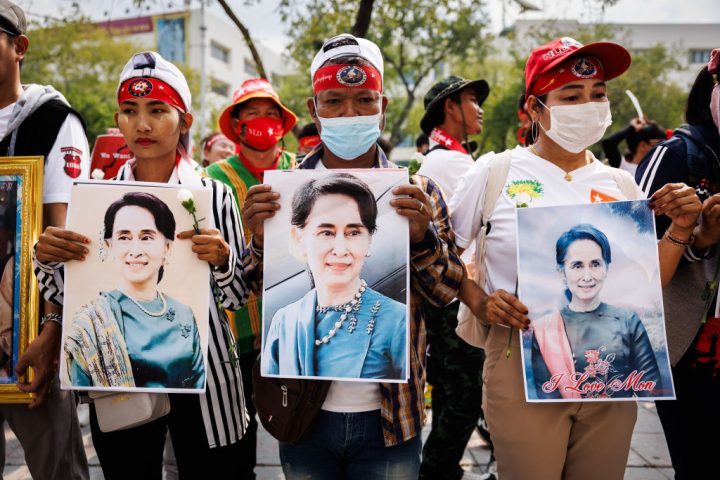Three years ago today, the military in Burma (or Myanmar, as the junta prefers to call it) plunged the country back into hell. On 1 February 2021, Burma’s army, led by commander-in-chief General Min Aung Hlaing, seized power in a coup. After a decade of apparent liberalisation, which saw political prisoners released, space for civil society and independent media open up and democratic elections held, the clock was turned back on the country by more than ten years.
Already a subscriber? Log in
Subscribe for just $2 a week
Try a month of The Spectator Australia absolutely free and without commitment. Not only that but – if you choose to continue – you’ll pay just $2 a week for your first year.
- Unlimited access to spectator.com.au and app
- The weekly edition on the Spectator Australia app
- Spectator podcasts and newsletters
- Full access to spectator.co.uk
Or




















Comments
Don't miss out
Join the conversation with other Spectator Australia readers. Subscribe to leave a comment.
SUBSCRIBEAlready a subscriber? Log in